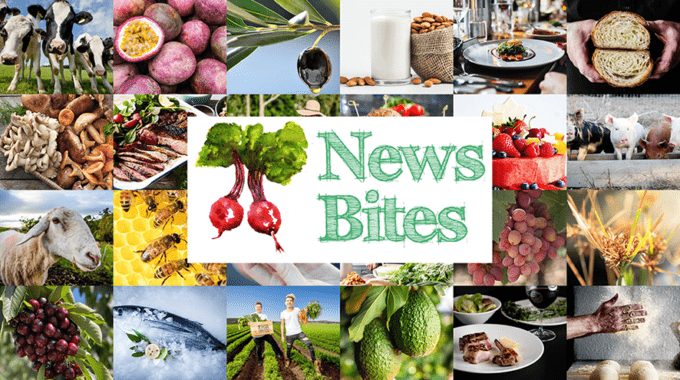News bites: pies, pods and pollutants
In this week’s news we don’t want you to miss, a zero-waste market has been given the green light to go ahead in Melbourne, residents on NSW’s North Coast can help save lives by eating pies, a new kerbside coffee capsule recycling pilot is kicking off in Sydney and Food Standards Australia New Zealand has released the findings of a study that measured the level of exposure to chemicals in our food supply. You can find out the results below.
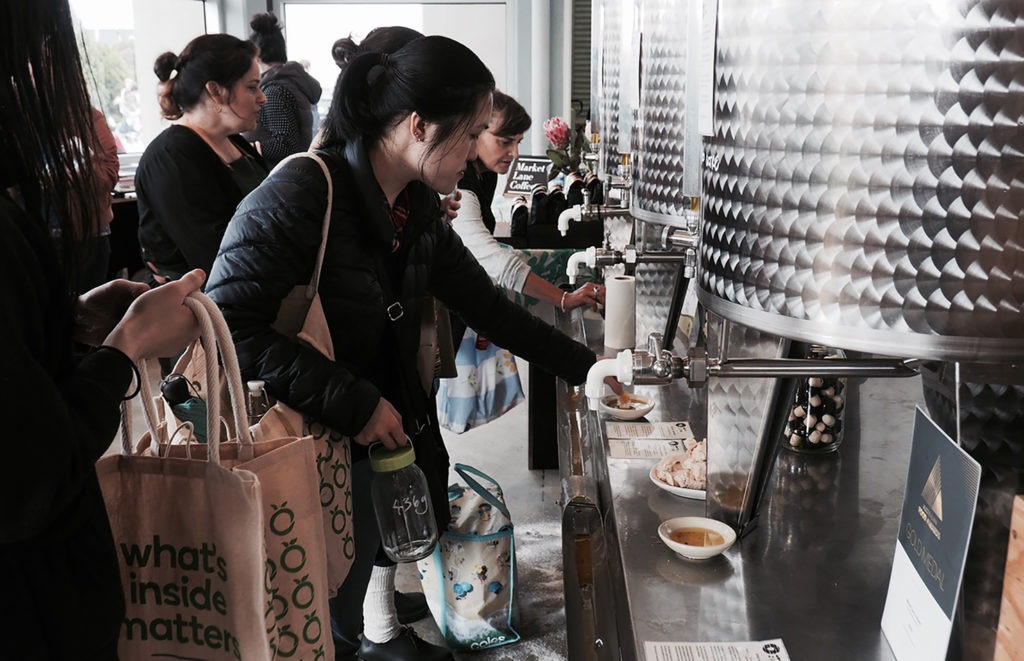
Zero-waste market to go ahead in Melbourne
After Mount Zero Olives’ quarterly Zero Waste Warehouse Market was thwarted by the Victorian lockdown in May, the market is making its return just in time to squeeze into Plastic Free July. With restrictions set to lift in Victoria, the market has been confirmed to go ahead this Saturday, July 31. It will be held at Mount Zero’s Sunshine West warehouse. Stallholders selling wares in bulk, package-free or in compostable packaging include:
Mount Zero Olives: new season extra virgin olive oil, plus olives, grains, pulses and salts.
Great Western Granary: unique pasta and lavosh products from a mix of dehydrated grape marc (a winemaking byproduct of spent skins) and biodynamic wheat, as well as a new native Mountain Pepper pasta, plus pastries and sweet sourdough products.
Market Lane: signature coffee beans by weight, as well as coffees to enjoy on the day (in reusable or Returnr coffee cups).
Bundarra Berkshires: cured meat range
Little Wing: sauces and condiments, plus truffle toasties
Koji & Co: miso and shio koji
Girls on Bread: sourdough loaves
The Zero Waste Warehouse Market will be held at Mount Zero Warehouse from 9am to 2pm, Saturday, July 31. For more info, head to mountzeroolives.com
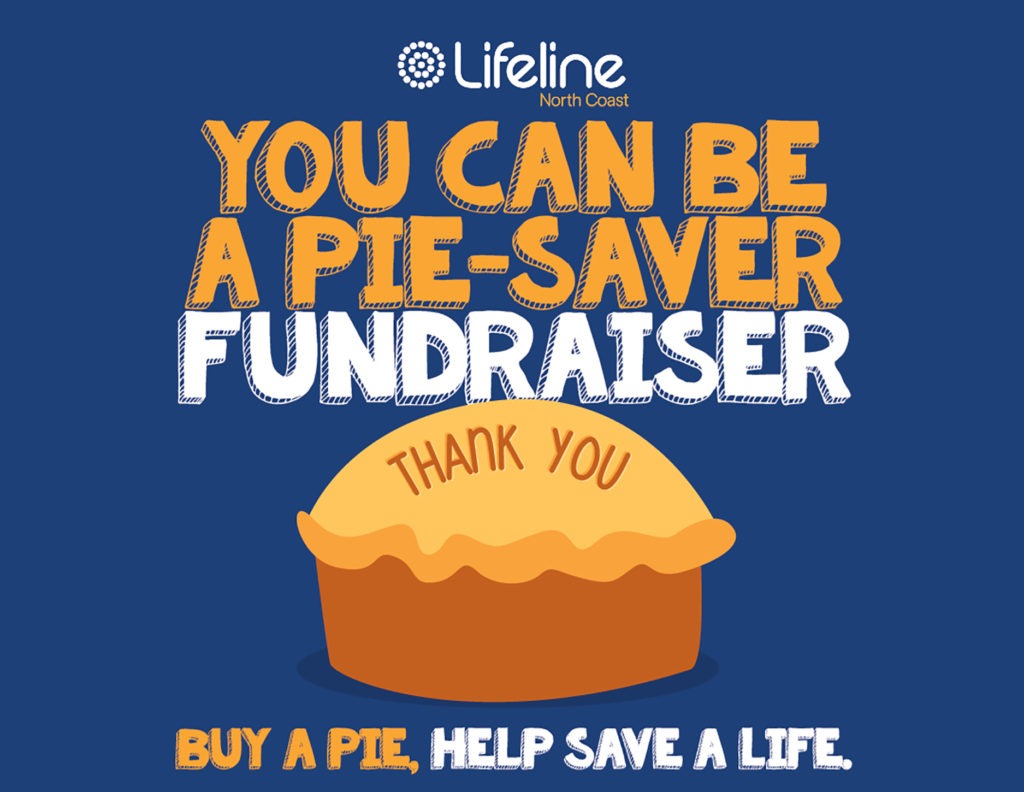
Buy a pie, save a life
Since the latest surge in COVID cases began this July, Lifeline has seen a 25 percent increase in the volume of calls Australia-wide. Volunteers at Lifeline North Coast, which provides crisis support services to people in the NSW North Coast community, continue to provide well over 400 hours of direct response to people who call 13 11 14.
After hearing Lifeline North Coast’s call for local support, the North Coast Hotel Group has offered to help raise much-needed funds for the essential service. They’re offering a $2 donation from every pie purchased from any of their four hotels during the month of August. All money raised will go directly back into the North Coast community and the vital telephone crisis support service. This operates 24 hours a day, 7 days a week.
To get behind this initiative and help save a life, buy a pie at the Coramba Hotel, the Hoey Moey at Park Beach, the Seaview Tavern in Woolgoolga or the Village Green in Grafton. For those living outside the region, you can still support Lifeline by making a donation.
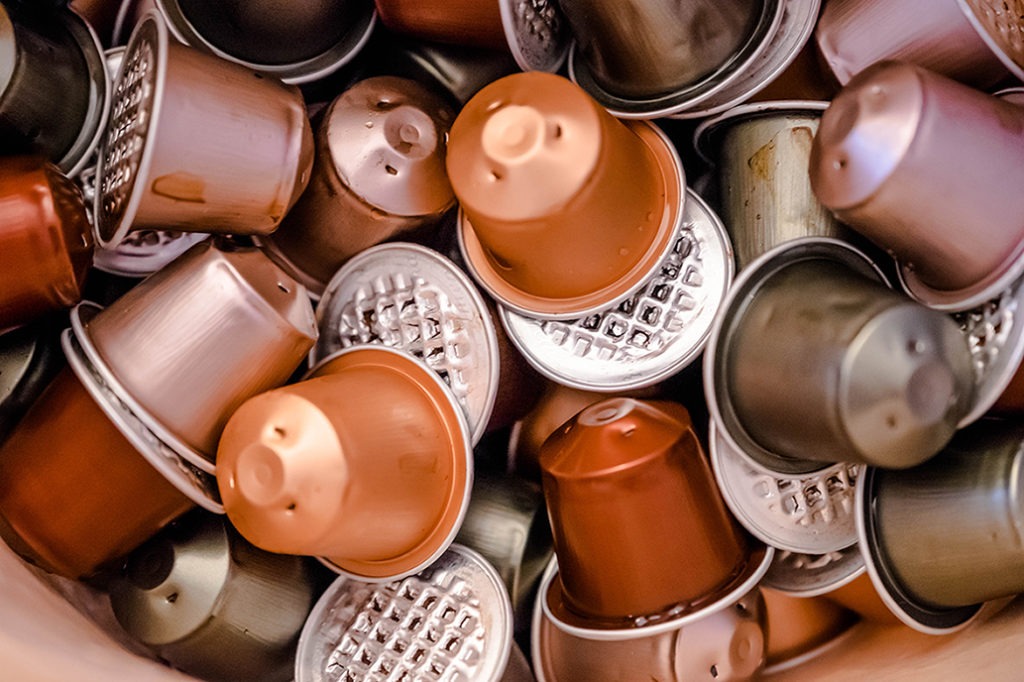
Kerbside coffee capsule recycling pilot kicks off
Sydney’s northern suburbs will be the first to trial a kerbside aluminium coffee capsule recycling pilot program, designed by Australian recyclers iQ Renew and CurbCycle in partnership with Mosman Council and Willoughby City Council. Residents participating in the six-month trial will receive a specially-designed orange bag to collect their used aluminium capsules. When full, they can then place this in recycling bins for collection. The trial will provide insights to inform the development of a national coffee capsule recycling scheme. Under the “Curby” pilot, the capsules will be separated from other recycling at iQ Renew’s materials recovery facility. It will then be transferred to the existing Nespresso recycling system in NSW for separating into coffee grounds and aluminium.
For more information, head to curbythebilby.com.au
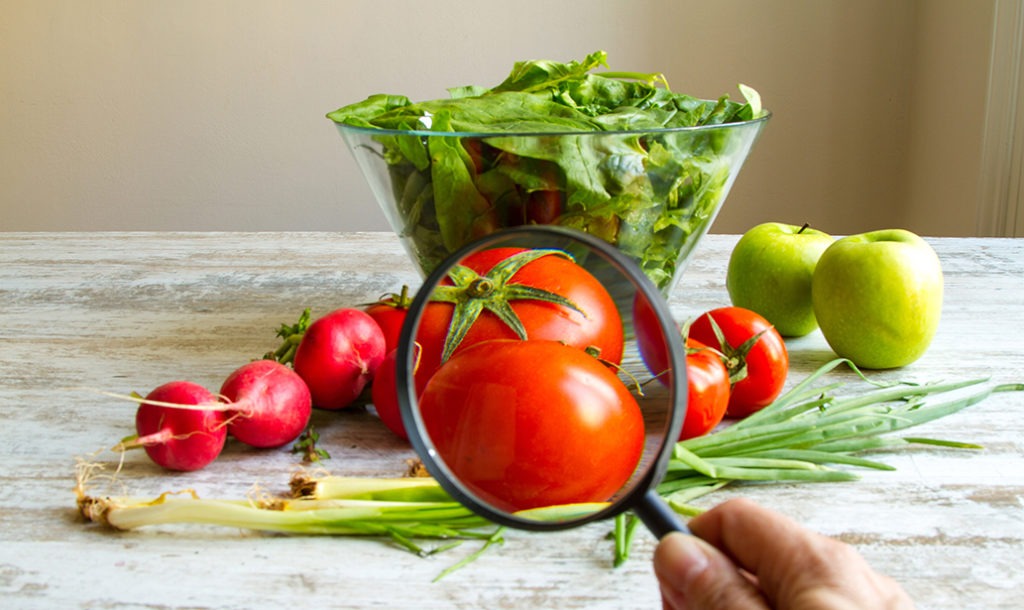
How safe is our food supply?
Food Standards Australia New Zealand (FSANZ) has released the results of its latest Australian Total Diet Study (ATDS). This measures the levels of different chemicals and substances in a range of foods typical to the Australian diet. FSANZ uses this data to estimate Australian consumers’ exposure to pollutants such as dioxins, dioxin-like compounds and polychlorinated biphenyls, to ensure our food is safe to eat.
FSANZ CEO Mark Booth says the results are good news for Australians. They show exposure to these chemicals through food is low and presents no safety concerns: “We looked at 33 foods typical of the Australian diet, taking 600 samples across all states and territories,” he says. “Our results show that while the selected chemicals are present in the environment, the levels are low. There are no food safety concerns. The ATDS provides evidence to assure consumers they can be confident that food sold in Australia is safe to eat.”


